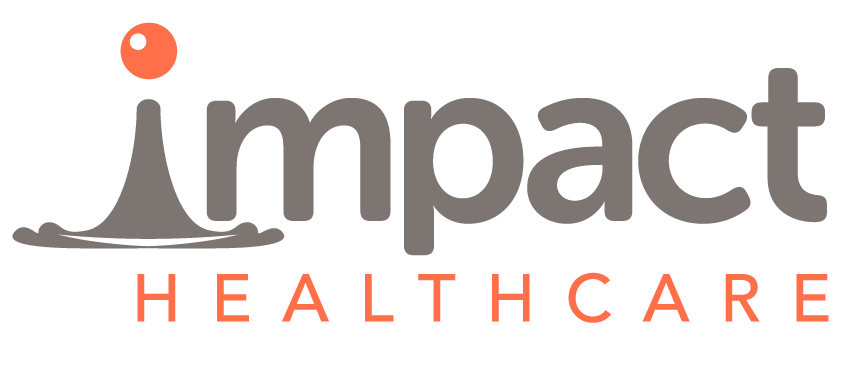About us
Los Robles Healthcare at Home is committed to creating an environment that acts as a magnet for the most collaborative, unselfish, and team-oriented people in the Fresno, CA area and is an Impact Healthcare Agency. Impact Healthcare currently provides Home Healthcare and end-of-life Hospice Care to 1,500 patients throughout CA, UT, AZ, and OR. With 12 Medicare Certified agencies, 14 locations, and a great support team, Impact Healthcare is positioned with the strength of a large organization, but the heart of a small one. We believe in finding, enjoying, and achieving a better way as we strive every day to be the employer and provider of choice in the communities we serve.
About the Position
As a hospice Medical Director, you will have overall responsibility for the medical component of the hospice program.
The hospice Medical Director will provide oversight of physician services by complementing attending physician care, acting as a medical resource to the interdisciplinary group, assuring continuity of hospice medical services, and assuring appropriate measures to control patient symptoms. The Medical Director will serve as a hospice champion – promoting and representing the program to physicians, physician groups, discharge planners, other referral sources, community health organizations, and potential donors, as appropriate.
We seek a candidate who is able to serve in the Fresno area.
Responsibilities:
The hospice Medical Director's responsibilities include, but are not limited to, the following:
- Provide overall medical direction to the program and act as a medical resource for hospice interdisciplinary group.
- Review patients' medical eligibility for hospice services and establish plan of care in conjunction with attending physician and interdisciplinary group.
- Perform face-to-face encounters and provide written certification of terminal illness.
- Manage oversight of patients' medications and treatments and review/update plan of care as needed.
- Act as primary physician for patients when needed.
- Maintain current knowledge of latest research and trends in hospice care and pain/symptom management.
- Develop and review criteria to monitor the quality of education programs provided to physicians, personnel, and volunteers.
- Evaluate quality assessment performance improvement (QAPI) plans and monitor to identify medical education needs.
- Act as liaison to community physicians by providing consultation and education to colleagues and attending physicians related to admission criteria for hospice and palliative care.
- Assist with evaluation of protocols and procedures with respect to quality and cost outcomes.
Qualifications:
- Licensed as a Doctor of Medicine or Osteopathy
- 2-3 years hospice or palliative care experience
- Participation in ongoing medical education activities related to the medical care of hospice and palliative care patients
- Eligible to participate in the Medicare program
Why Work with Us?
We have a team approach that is focused on "our" success in achieving a great work environment and excellent patient outcomes. Our goal is for every team member to come to the conclusion: "this is the best job I've ever had" (and many do). As part of that, Comprehensive Home Health Care and Hospice offers competitive compensation and benefits including flexible work schedules and excellent team dynamics!
We believe in caring for both our team and our patients and have a profound understanding of the value in both. We are committed to being the employer and provider of choice in the areas we serve. Come meet us, join the team, and help us continue to build something great… We're excited to meet you!
Job Type: PRN
